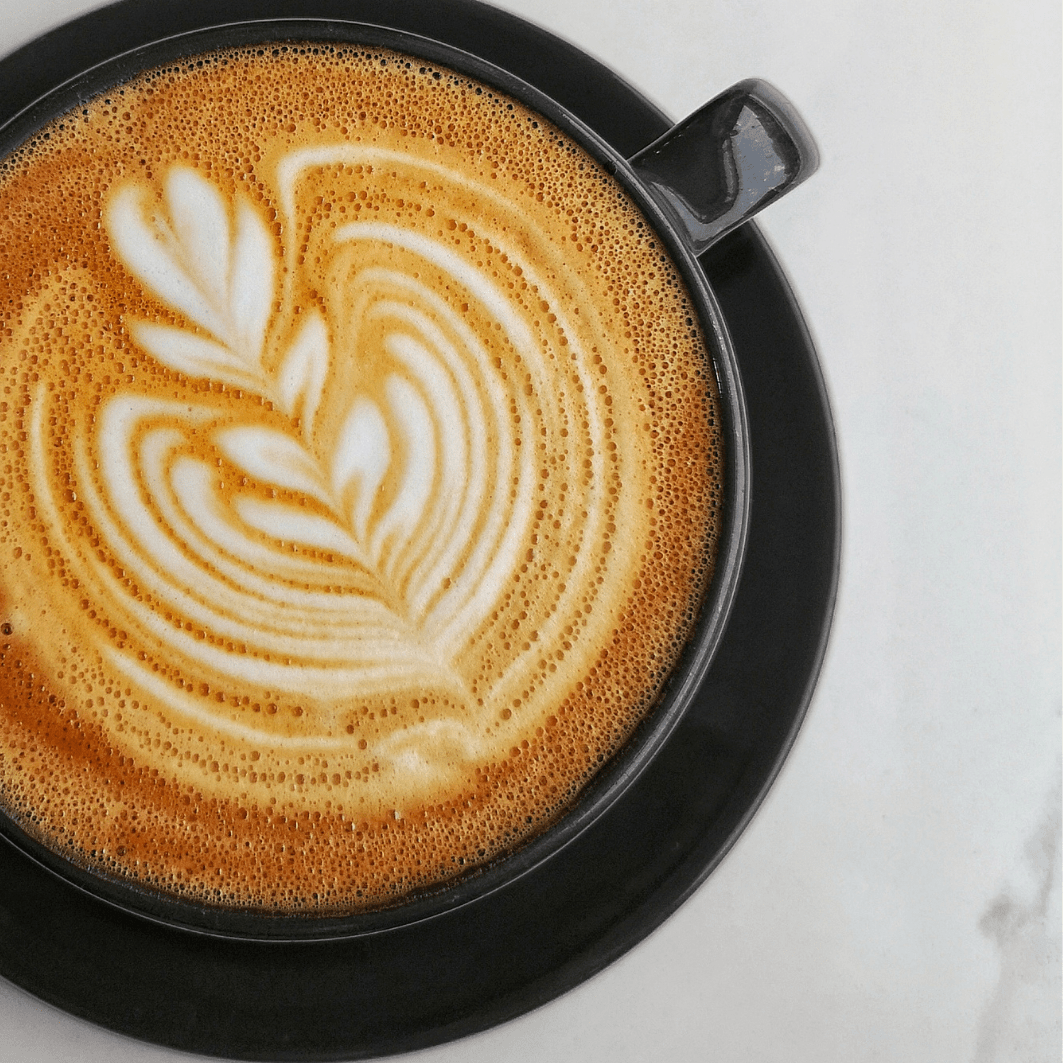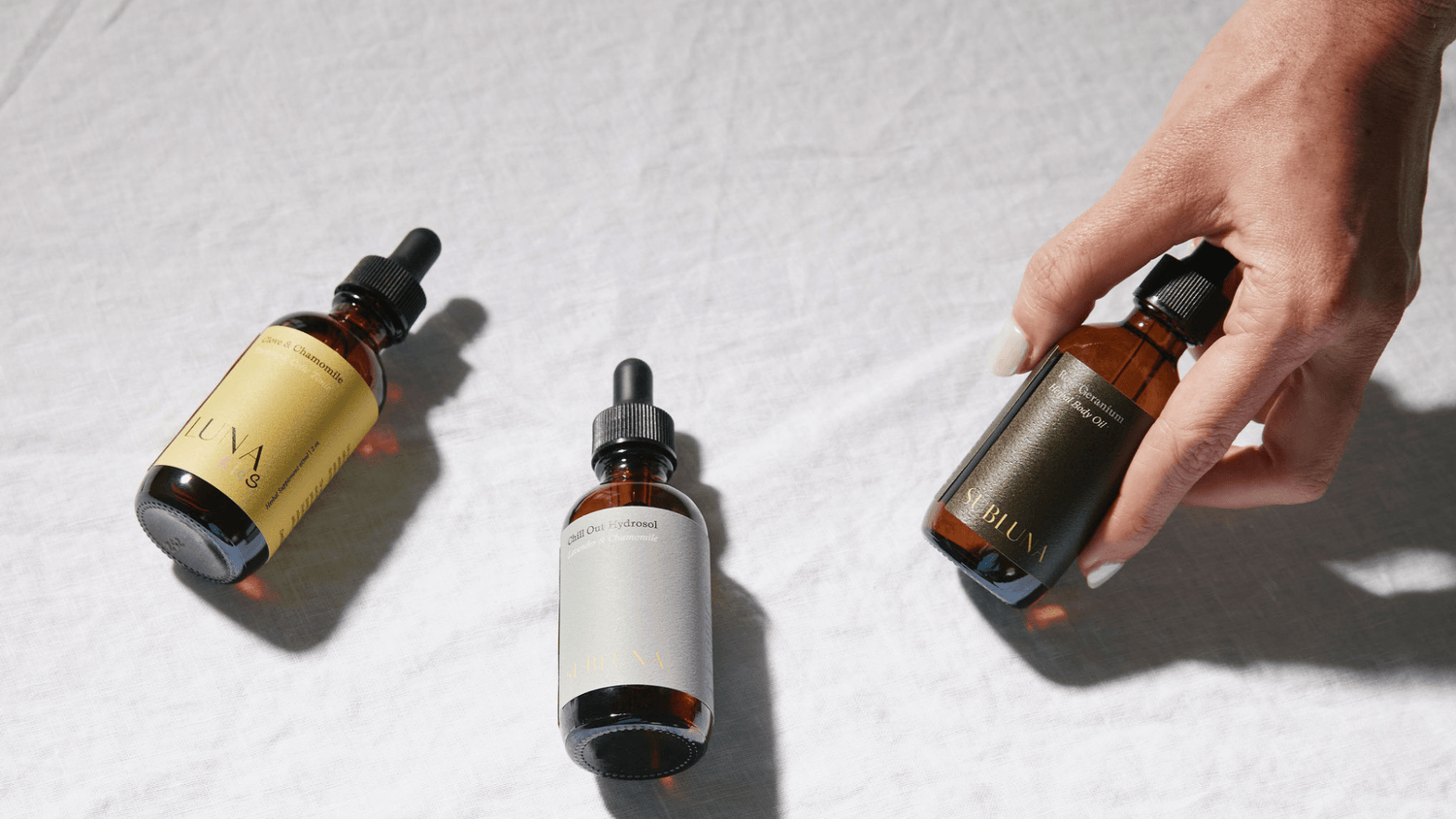Is Ashwagandha Right for You?
Ashwagandha, an herb that has been used safely and effectively in Ayurvedic medicine for thousands of years, has recently become a buzzword in the modern day world, extending well beyond the wellness world.
Why?
Most likely because of several studies that have come out over the past few years, showing Ashwagandha’s ability to lessen symptoms of anxiety and stress perception in students and other individuals under high stress situations.
Any time an herb ends up pigeonholed by the media (Ashwagandha for anxiety, St John’s Wort for depression, Elderberry for Illness, etc), there becomes an opportunity for misuse by the general public who treat it like a prescription medication, rather than an herbal medicine that is made to be used for specific custom symptoms.
This can lead to side effects from people who weren’t necessarily supposed to be using it in the first place, and then a nationwide demonization of the herb from the consumers and medical system.
It’s Ashwagandha’s turn for this right now, as you can’t see a post about Ashwagandha without comments and threads about people reporting experiences where they feel numb or emotionally flat.
Some say it made their anxiety worse, while others say it’s a Godsend.
So, what’s the deal?
Is Ashwagandha responsible for the symptoms people say?
And furthermore, do you need to worry about it?
We are going to get to the bottom of this today, talking about how Ashwagandha may be misused and who should be taking it.
Let's talk about it...
First, it’s important to note that Ashwagandha has been used safely for thousands of years.
This has been historically documented. It holds a central place in Ayurvedic medicine and has long been known for its ability to restore strength, rebuild after stress, and support the nervous system.
It’s a nourishing tonic—and when used appropriately, it’s a deeply supportive herb.
A Tonic, Not a Blunt Tool
Ashwagandha is a tonic herb. Traditionally, it’s taken in smaller, consistent amounts over time to rebuild and nourish the system.
It’s most often prepared in warm milk or ghee, eaten as food, or taken as a tincture made from fresh root.
In traditional systems, it wasn’t blasted into the body at high doses in isolated capsule form.
And it certainly wasn’t handed out as a one-size-fits-all anxiety fix.
In herbalism, we don’t match herbs to diagnoses, we match herbs to people.
This is where Western supplement culture has really gone sideways with Ashwagandha.
Instead of asking who a plant is best suited for, the industry asks what it’s for.
And that leads to the kind of generic, protocol-based dosing that sets people up for a mismatch.
Understanding Ashwagandha's Energetics
Ashwagandha is warming, heavy, sweet, oily, and building. It calms and grounds, but also strengthens and supports recovery of depleted tissues.
That means it tends to work well for people who are:
• Cold, dry, and depleted
• Running on empty after long-term stress
• Experiencing low drive, low resilience, or burnout
• Struggling with insomnia from anxiety or overthinking
• Recovering from illness, postpartum, or hormonal crashes
But it’s not going to be a great fit for everyone.
Some people may feel off if they already tend toward:
• Running hot or aggravated by heat
• Stagnation or apathy
• Hyperthyroidism
While it’s good to note that Ashwagandha tends to have modulating action on things like the thyroid, hormones, and cortisol, it does seem to work better for some deficiencies than others, such as low testosterone, high cortisol, and hypothyroidism.
If you tend to run in the opposite direction, Ashwagandha may not be the best first choice for you.
However, even Ashwagandha on its own may not be the best fit for you, it can often be paired with balancing herbs like Tulsi, Rose, Schisandra, Rhodiola, Lion’s Mane, Reishi, or Eleuthero to balance its stimulating effects.
The Role of Sourcing and Dosing
There’s another layer here that often gets missed. Ashwagandha has become one of the most adulterated supplements on the market.
In independent analyses, 90% of over-the-counter Ashwagandha products were found to contain:
• Aerial parts (leaves and stems) instead of the traditional root
• Higher levels of constituents that can be overstimulating or cytotoxic in large amounts
• Fillers, binders, and unlisted substances including pharmaceutical compounds
• Little to no actual Ashwagandha root at all
This makes sourcing non-negotiable.
You can’t buy a random bottle off a grocery store shelf and expect it to reflect what traditional herbalists are working with.
It also makes proper dosing essential. More is not always better. Ashwagandha is most effective at modest, consistent doses taken with food, over time.
What Ashwagandha Can Do (When it's the Right Fit)
For those whose constitutions align with the herb, Ashwagandha can be deeply replenishing. It helps restore energy after depletion.
It brings ease to an overactive stress response. It can help regulate sleep cycles, especially when circadian rhythm is off. It strengthens resilience and helps the body recover from physical or emotional burnout.
In men, it’s one of the most studied herbs for supporting healthy testosterone levels and sperm quality. It also modulates the immune system and has gentle anti-inflammatory effects.
This isn’t an herb you necessarily feel immediately, because it works gradually and builds its effects over time.
Sometimes people stop too early because they expect fast changes, which is not how Ashwagandha works.
So What Do You Do If It Feels Wrong?
Stop taking it. That’s all.
If an herb doesn’t feel right in your body, you don’t need to force it.
Ashwagandha has a short half-life and clears from the body quickly. If you’re feeling strange, just pause. If it’s not the right fit, nothing is lost by letting it go.
But if you’re just not noticing any benefits right away, give it time.
Tonic herbs like Ashwagandha can take several weeks to months to show their full benefit. Especially when you’re coming off a long stretch of stress, they need time to restore what’s been lost.
Herbalism Is Individual
This is the heart of it.
Herbalism is not one-size-fits-all like pharmaceuticals, and when we use it that way, we get side effects, just like pharmaceuticals.
Herbalism is custom, intuitive, and personal.
What We Offer at SubLuna
Our Ashwagandha tincture is made from fresh, organic Ashwagandha root grown by small farmers we know personally.
We extract it ourselves to preserve its full spectrum of activity—no aerial parts, no fillers, no shortcuts.
Our Golden Gut Golden Milk features organic Ashwagandha in a traditional-style preparation with warm spices and the addition nourishing fats (egg yolk powder) designed to be sipped and savored as part of a grounding daily ritual.
If Ashwagandha suits you, it can be one of the most supportive herbs you’ll ever meet. And if it doesn’t, there’s a whole world of herbal allies waiting to meet you.



